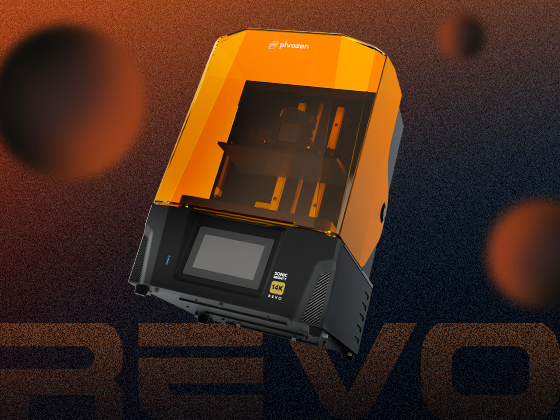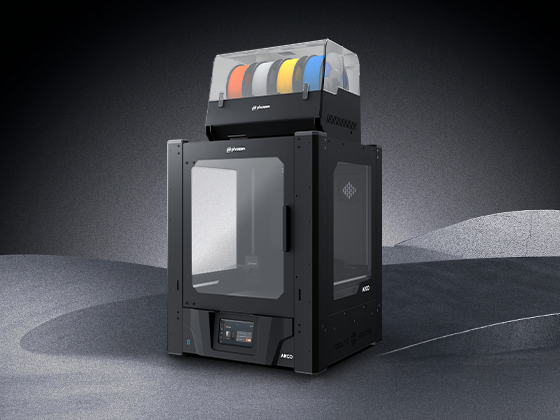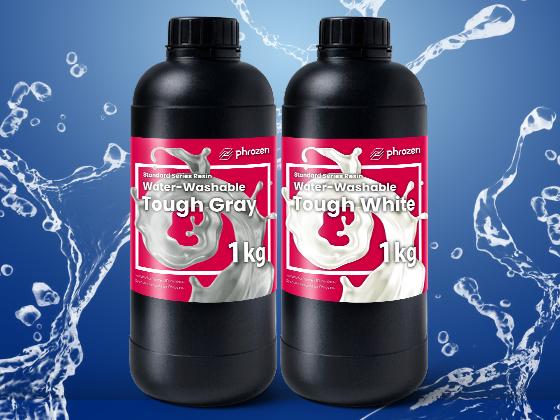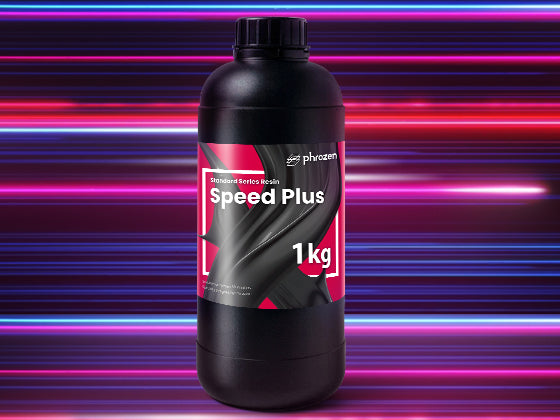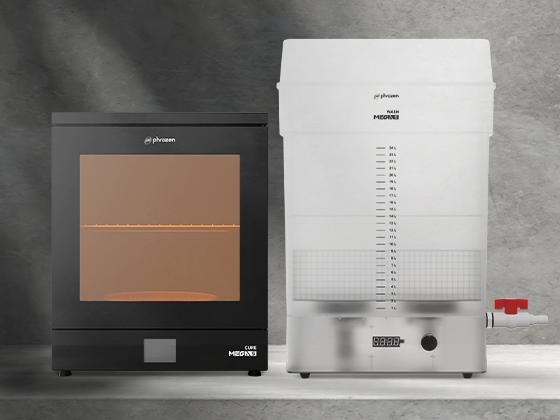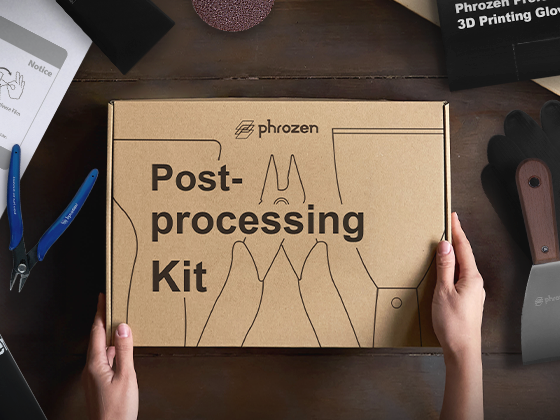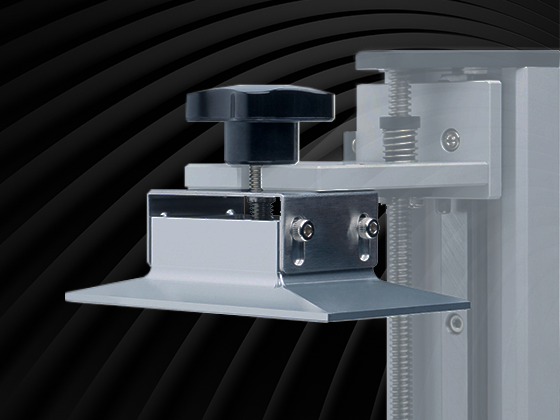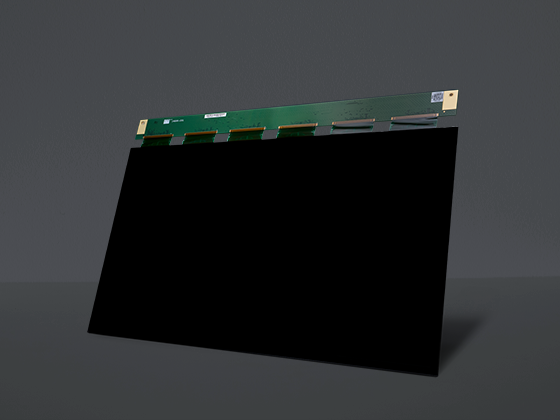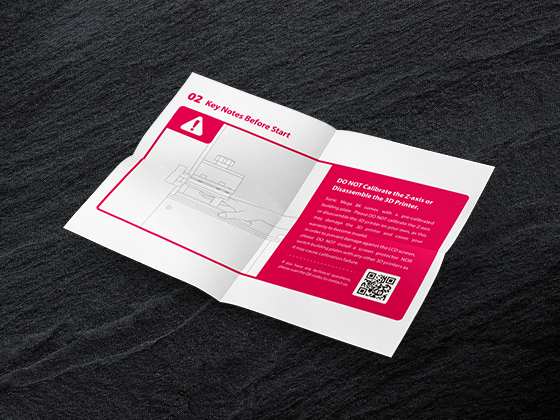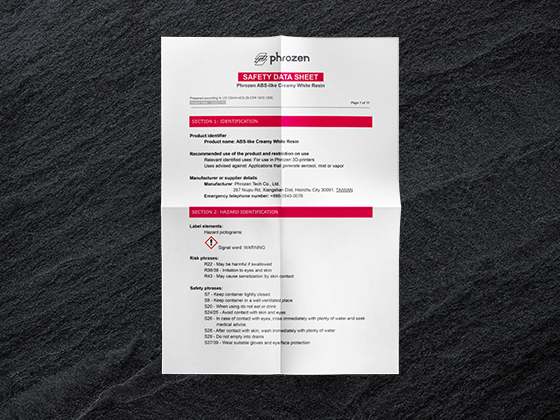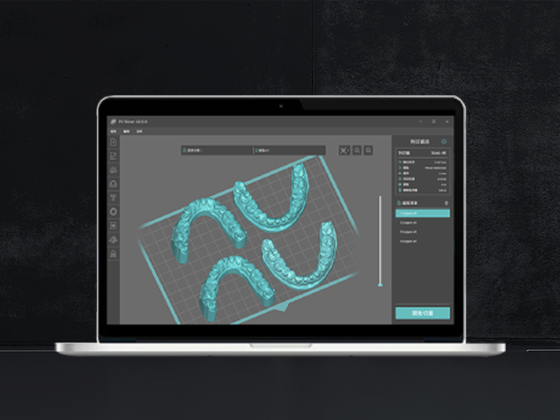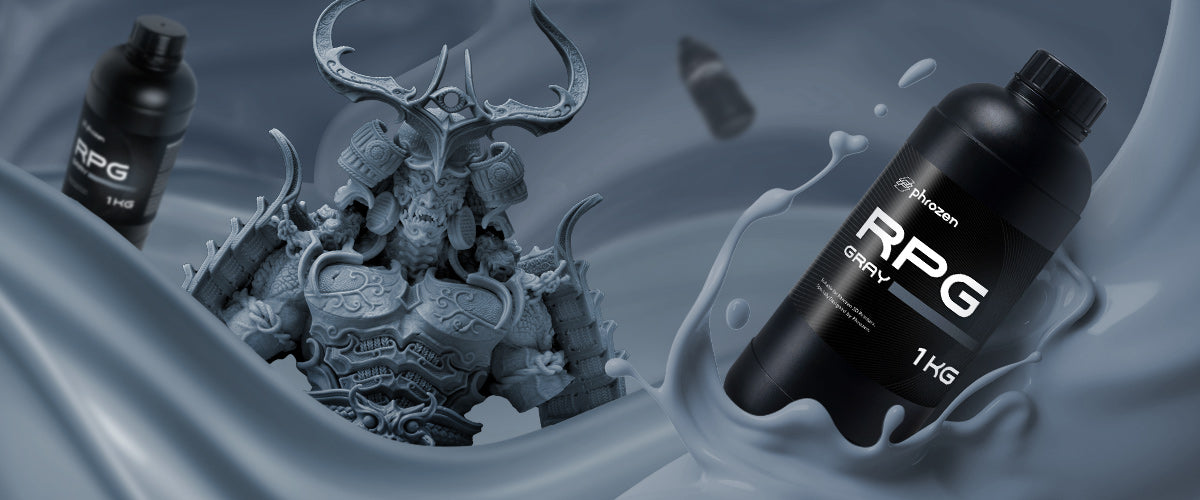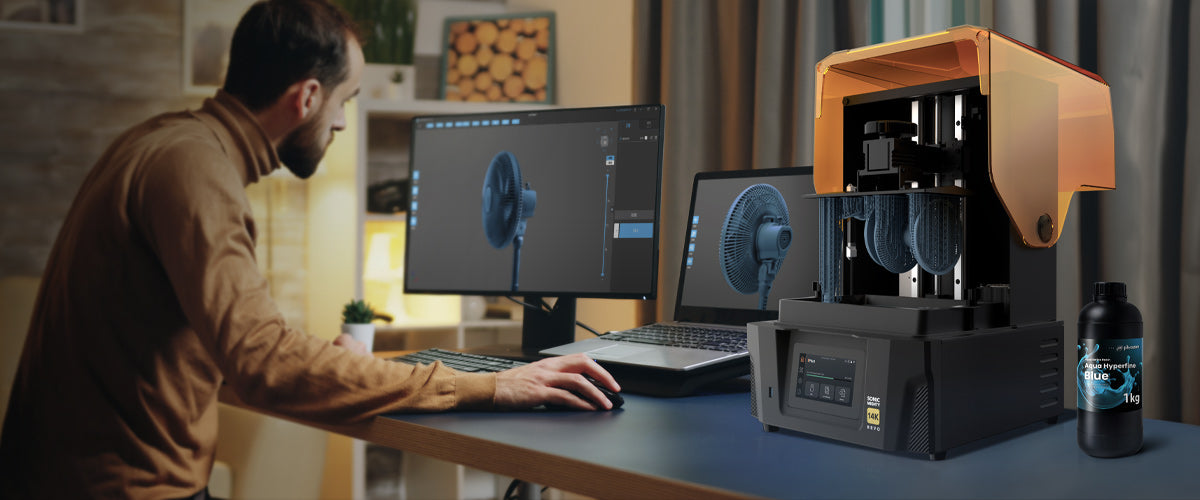Hey there! If you’re diving into the world of 3D printing, you’re probably excited about all the cool stuff you can create.
But, let’s face it, to get the best results, you need more than just the printer itself.
In this guide, we’ll chat about the essential tools for 3D printing that you should have in your arsenal.
Whether you’re just starting out or you’re a seasoned pro, these 3D printing tools will help you nail those high-quality prints and make your 3D printing journey smoother and more fun.
Getting Started with 3D Printing at Work
Taking 3D printing from a hobby to a professional tool in the workplace is a big step. Here’s how you can make it happen:
Securing Buy-In from the Office
First things first, you need to get everyone on board. Show your colleagues and management how 3D printing tools can save time and cut costs. Share success stories from other companies in your industry.
Trust me, once they see the benefits, they’ll be as excited as you are. Emphasize the versatility of 3D printing, from prototyping to producing custom parts and even tools for the business itself.
The ability to rapidly iterate and create on-demand parts can transform workflows and reduce dependency on external suppliers.
Practical Setup Considerations
Next up, let’s talk setup. You’ll need a decent amount of space, good ventilation, and make sure your electrical setup can handle the printer’s power needs. Think about where you’ll put everything – it’s all about making your workspace efficient and safe.
Consider investing in a dedicated 3D printing area or lab. Proper ventilation is crucial, especially if you’re using resin-based printers, to avoid inhaling any potentially harmful fumes.
Also, ensure you have enough power outlets and that your electrical system can handle the load of multiple machines running simultaneously.
Efficient Workflow Options
Now, onto workflows. Streamlining your process is key. Look into different workflow options and see what fits best for your needs. Automating repetitive tasks can save you heaps of time and make your life a lot easier.
Utilize software tools that can help manage your 3D printing projects, from design to post-processing.
Workflow optimization might include setting up dedicated stations for different stages of the process: design, printing, post-processing, and quality control.
This separation helps keep everything organized and improves overall efficiency.
The Essential 3D Printer Owner’s Toolkit
Let’s dive into the must-have 3D printer tools you need in your workspace. These are the essentials that will help you achieve top-notch prints every time:
Build Plate Adhesion Tools
Glue Stick
You need your prints to stick to the build plate, right? A simple glue stick can work wonders. It’s cleaner than hairspray and super easy to apply.
Just a thin layer on your print bed, and you’re good to go.
This ensures that your prints adhere properly to the build plate, reducing the risk of warping or detachment during the print process.
Blue Tape
Another great tool for 3D printing is blue painter’s tape. It’s fantastic for getting your prints to stick and making them easy to remove. Get the wide stuff (at least 2 inches) so you don’t have to deal with too many strips. This tape creates a textured surface that helps filament adhere better, especially for PLA.
Adhesion Sheets
These are reusable and handle high temps well. Stick them on your print bed, and they’ll help your prints stay put. Plus, they’re easy to peel off and use again. Adhesion sheets are particularly useful for materials like ABS, which tend to warp more easily without a heated bed and proper adhesion.
Print Removal Tools
Spatula or Palette Knife
Sometimes, your prints just don’t want to let go of the build plate. A spatula or palette knife is your friend here. Look for one with both stiff and flexible options to tackle different kinds of prints. These tools help you gently pry prints off the bed without damaging the print or the bed surface.
Print Removal Blade
For those really stubborn prints, a removal blade can save the day. It helps you get those prints off without wrecking your build plate. Blades with a sharp edge are excellent for sliding underneath prints and breaking the adhesion without applying too much force.
Post-Processing Tools
Deburring Tool / Knife and Cutting Mat
After printing, you’ll often need to clean up your models. A deburring tool is perfect for tidying up holes and edges. Pair it with a good knife and a cutting mat, and you’re all set. This combination allows you to safely and effectively remove excess material and smooth out any rough edges.
Pliers
Pliers are a must-have. They’re great for snipping away support material and doing general maintenance on your printer. Grab a set with needle nose and wire-cutting options. Pliers are versatile tools that can help with a variety of tasks, from removing support structures to making adjustments to your printer’s hardware.
Measurement Tools
Digital Caliper
Precision is key in 3D printing. A digital caliper helps you measure your prints accurately and adjust your settings for perfection. They’re more precise and easier to use than analog ones. Calipers are essential for ensuring that your prints match your design specifications, which is crucial for parts that need to fit together or serve a functional purpose.
Lubrication and Maintenance Tools
Magnalube and Unilube
Keep your printer running smoothly with regular lubrication. Use Unilube for the X and Y axles and Magnalube for the Z leadscrew. Avoid WD40; it can damage the coating. Proper lubrication reduces friction and wear on moving parts, extending the life of your printer and maintaining print quality.
Screwdrivers / Hex Key Screwdrivers
You’ll need these for tightening screws and bolts. Hex nuts and bolts are common in printers, so keep these tools handy. A set of precision screwdrivers and hex keys will help you perform routine maintenance and adjustments with ease.
Miscellaneous Tools
Tweezers
Various tweezers are super useful for handling small parts and cleaning nozzles. They help you deal with fine details and small components that your fingers can’t manage.
Sandpaper
A range of grits (from 220 to 1000) is essential for post-processing. Sandpaper helps smooth out those rough edges and layer lines. Different grits allow you to gradually smooth and polish your prints to achieve a professional finish.
Permanent Marker
Marking your prints can help you keep track of different settings and sequences. It’s a simple but effective way to organize your workflow and note any adjustments needed.
Desiccant and Resealable Bags
Filament absorbs moisture, which can mess up your prints. Store it in airtight bags with desiccant to keep it dry. Proper storage extends the shelf life of your filament and maintains its quality.
Additional Useful Tools
Let’s talk about some more advanced 3D printing tools that can take your workflow to the next level. These are game-changers:
Flashlight
A small LED flashlight is perfect for inspecting prints and components in low-light conditions. It helps you see fine details and identify any issues that might be hard to spot otherwise.
Paper Towels
Always handy for cleaning and drying surfaces. Keep a roll nearby. They’re essential for quick cleanups and maintaining a tidy workspace.
Pencils and Paper
Jotting down notes, dimensions, and sketches is super helpful. Sometimes, a quick sketch or note can save you a lot of time and confusion later.
Wire Cutter
Great for removing support material and cutting filament. It’s a versatile tool that’s indispensable in any 3D printing toolkit.
Dremel
A versatile tool for cutting, sanding, and polishing your prints. Dremels are excellent for post-processing, especially for detailed work and achieving a smooth finish.
Extra Filament
Always have spare filament on hand so you never run out mid-print. Keeping a variety of colors and materials on hand ensures you’re always ready to print whatever you need.
Extra Glass Plate
Swapping plates can speed up your workflow, especially if you’re printing continuously. Having a spare build plate ready to go means you can start your next print without waiting for the first one to finish cooling.
Dissolving Kit
A bucket of water and a pump are essential for removing water-soluble supports. This setup makes the post-processing of certain types of prints much easier and cleaner.
Advanced Tools for Enhanced Workflow
Ready to up your game? These advanced 3D printer tools are perfect for serious 3D printing enthusiasts:
Phrozen Wash Mega S

If you’re handling large prints, this 25L washing station is a lifesaver. It has dual-speed settings, a side valve for easy disposal, and works with various building plates. It’s your go-to for cleaning big orders efficiently. With its high capacity, you can clean multiple prints at once, saving time and effort.
Phrozen Cure Mega S Post Curing Chamber

Need to cure large models? This curing chamber can handle it. It has dry and cure settings, a 360° transparent turntable, dual high-speed fans, and a built-in light. Perfect for high productivity. This chamber ensures even curing of large models, enhancing the durability and finish of your prints.
Phrozen Sonic Saber
Removing supports can be tricky, but not with this ultrasonic cutter. It’s pen-shaped, super precise, and cuts through supports without damaging your prints. The Sonic Saber’s high-frequency vibrations make it easy to cut supports cleanly and accurately.
Phrozen Ultra-Sonic Cleaner

For SLA/DLP prints, this ultrasonic cleaner is awesome. It has a heating control system and a digital timer, making cleaning a breeze. The ultrasonic cleaner uses high-frequency sound waves to remove resin residue from prints, ensuring a thorough clean.
Conclusion
So there you have it! Equipping yourself with the right 3D printing tools is crucial for top-quality prints and a smooth workflow. From the basics like spatulas and calipers to advanced tools like the Phrozen Wash Mega S and Sonic Saber, having a comprehensive toolkit will make your 3D printing experience more efficient and enjoyable.
Invest in these tools for 3D printing, and you’ll be ready to tackle any project with confidence. Happy printing!
FAQ: Tools for 3D Printing
Q: What do I need to 3D print effectively?
A: To 3D print effectively, you need a combination of a high-quality 3D printer, a selection of 3D printing tools such as slicers, cleaning kits, and post-processing equipment, and high-quality materials. Basic tools include scrapers, spatulas, and tweezers, while more advanced tools might include ultrasonic cleaners and curing stations.
Q: What are the must-have tools for 3D printing?
A: Must-have tools for 3D printing include:
- Scrapers for removing prints from the build plate
- Tweezers for handling small parts
- Calipers for measuring
- Cleaning kits like the Phrozen Ultra-Sonic Cleaner
- Curing stations such as the Phrozen Cure Mega S for post-processing
Q: How do I ensure my 3D prints are high quality?
A: Ensuring high-quality 3D prints involves using the right 3D printer tools, maintaining your printer regularly, using high-quality materials, and calibrating your printer settings correctly. Post-processing tools like the Phrozen Wash & Cure Kit can also help in achieving a polished finish.
Q: Why is post-processing important in 3D printing?
A: Post-processing is crucial in 3D printing to remove support structures, smooth surfaces, and enhance the strength and appearance of the final print. Tools like the Phrozen Sonic Saber - The Ultrasonic Cutter and the Phrozen Cure Mega S are essential for effective post-processing.
Q: What is the best tool for removing supports from 3D prints?
A: The best tool for removing supports from 3D prints is an ultrasonic cutter like the Phrozen Sonic Saber. It uses high-frequency vibrations to cut through supports without damaging the print.
Q: How do I clean my 3D prints?
A: Cleaning 3D prints typically involves removing excess resin and supports using tools like scrapers and tweezers, followed by washing in a solution. The Phrozen Wash Mega S is an excellent tool for this purpose, providing a large washing capacity and dual-speed settings.
Q: What tools are necessary for 3D printer maintenance?
A: Necessary tools for 3D printer maintenance include:
- Allen wrenches for tightening and adjusting parts
- Lubricants for smooth operation
- Brushes and vacuum cleaners for keeping the printer clean
- Replacement parts like nozzles and belts
Q: How do I choose the right 3D printing tool for my needs?
A: Choosing the right 3D printing tool depends on your specific needs, such as the type of prints you create, the level of detail required, and your post-processing preferences. Researching and reading reviews can help you make an informed decision.
Q: What’s the difference between a washing station and a curing station?
A: A washing station, like the Phrozen Wash Mega S, is used to clean prints by removing uncured resin. A curing station, like the Phrozen Cure Mega S, is used to harden the resin by exposing the print to UV light, completing the curing process.
Q: Are there any safety precautions to consider when using 3D printing tools?
A: Yes, always wear protective gear like gloves and goggles, ensure proper ventilation, and handle chemicals carefully. Disconnect power before maintenance and follow the manufacturer’s instructions for all tools.

